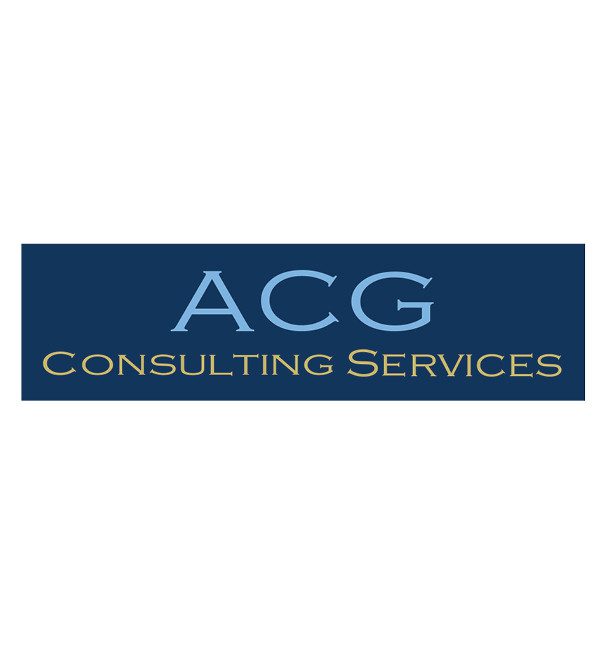Companies are becoming increasingly aware of the importance of their culture and how it informs each decision made. An emphasis should be placed on hiring new employees based on skillsets and cultural fit if you want to keep your company’s vision and mission intact. Hiring those who demonstrate both hard and soft capabilities ensures they become valued contributors to your organization while still reflecting its core values over time.
In this article, we’ll discover why you should hire based on a cultural fit and how to do it.
Here are some reasons why it’s best to consider a cultural fit while hiring:
Hiring is an investment of time and money
Finding the right team member for your team is no small task. It requires dedicated time, financial resources, and careful deliberation – all of which take time. During this period, current staff may need to step up as extra work tasks are shared among them until an ideal candidate has been identified through diligent research and assessment processes. Balancing pressure with prudence remains key; patience during recruitment will always yield better results than simply filling in roles quickly!
Rushing the process or moving too slowly can impact culture mismatch, and the new hire may leave the company soon because their values need to align with the company. To ensure success, you must find a candidate with the skills required for their role and who shares values with your organization. Otherwise, the costly time and resources devoted to onboarding them may be wasted if they leave due to cultural misalignment.
Culture fit influences employee retention rate
A workplace culture that empowers employees to professional growth offers certain benefits and encourages work/life balance can contribute significantly to team member retention. When it comes down to achieving success within any organization, having a solid team of dedicated staff is integral – but how do you keep them there? Forty percent of those surveyed believe the key lies in creating an environment where people are respected, and their training valued, one with improved benefits packages offering better rewards for continuing loyalty. Retain your best talent by developing supportive structures that improve performance and morale – because happy teams drive successful companies!
Culture fit fosters better collaboration, creativity, and productivity.
Achieving a thriving work environment requires the right blend of culture and employees. With it, companies can avoid losing more than 5% of their staff due to misalignment between them. On the other hand, when there’s an effective fit, team bond, and collaboration increase significantly, leading to improved productivity levels and notable results for businesses. However, even if one excels in what they do but spreads negativity through the workplace, this can create dissatisfaction among colleagues and decreased job performance, leading to team member attrition from organizations over time unless addressed swiftly with adequate measures.
It is known that leadership quality makes a world of difference in team member performance. While poor management can breed negative habits, such as tardiness and slack-off, culture fit is essential for creating an environment conducive to effective teamwork – a significant factor in any successful business operation.
How to determine if a candidate is a culture fit for your company
There are many ways to determine if a potential team member will fit into your company culture without any issues. Here are some of them:
Know your company culture.
Potential team member success starts with understanding your organization’s culture. To identify the ideal candidate, ask yourself who are top performers and why? Then consider what values define your company – from its mission statement to practices for employees. By taking these steps, you can start evaluating candidates that best fit your workplace ideals.
Look for indications in the job application.
A cover letter is a powerful tool for judging whether an applicant fits the role and your company culture. Look out for how they align their career goals with yours and any relevant experience that could benefit you in meaningful ways. Familiarizing yourself with what matters most to them will give you insight into who they are and if working at your organization would be beneficial for both parties involved. In short, don’t underestimate this crucial first impression – use it!
Involve team members in the interview process.
To ensure a successful match between your team and any new candidate, make sure to offer the opportunity for them to interview with multiple employees of your organization. Don’t rely on single interviews alone – culture compatibility is best judged after giving some time for candidates to adjust to an unfamiliar environment. Give every potential hire’s personality the chance it deserves!
Compare the candidate to successful employees.
By examining each candidate’s skills, personality, and values compared to your existing successful employees at the organization, you can better understand where they may best fit. Assessing similarities such as attributes and qualities may aid in understanding how this new individual could effectively contribute their talents to benefit themselves and others within the company.
How does the candidate answer questions?
Gauge your candidate’s true personality and knowledge by probing more profoundly than the average job interview question. Ask what their hobbies, favorite meals, or movies are – such questions will provide insight into how they think and react outside a familiar work environment. Their answers can help determine if the individual is open, honest, friendly, knowledgeable, and creative in navigating situations unexpectedly.
What does
the candidate know about your culture?
What is the candidate’s perspective on your organization? Before this interview, have they become familiar with your company’s culture, ethos, and core values? Any research or insights into what makes successful employees in this environment shows initiative. Do their business traits align well with yours as an employer—do they share similar ideals that could prove beneficial long-term for both parties involved?
Ask about the candidate’s goals and passions.
Recruiting a candidate is more than evaluating their qualifications. To ensure the potential new hire fits with your company, assess if both of your goals align – from understanding what drives them personally to seeing how it corresponds with the passions and purpose of current employees! Unraveling this reveals whether or not they are enthusiastic about moving towards common objectives.
Conclusion
When hiring for your organization, look beyond skillsets and experience. The right culture fit can significantly benefit the company’s short-term needs and employees’ long-term productivity. It is essential to have a strategic approach that defines what values best represent the business culture of your organization and then use them when evaluating potential candidates with customized questions during interviews to ensure success in this process. Investing time into finding those who embody these principles will increase team member retention and result in greater collaboration among team members, leading to more productive outcomes over an extended period.











